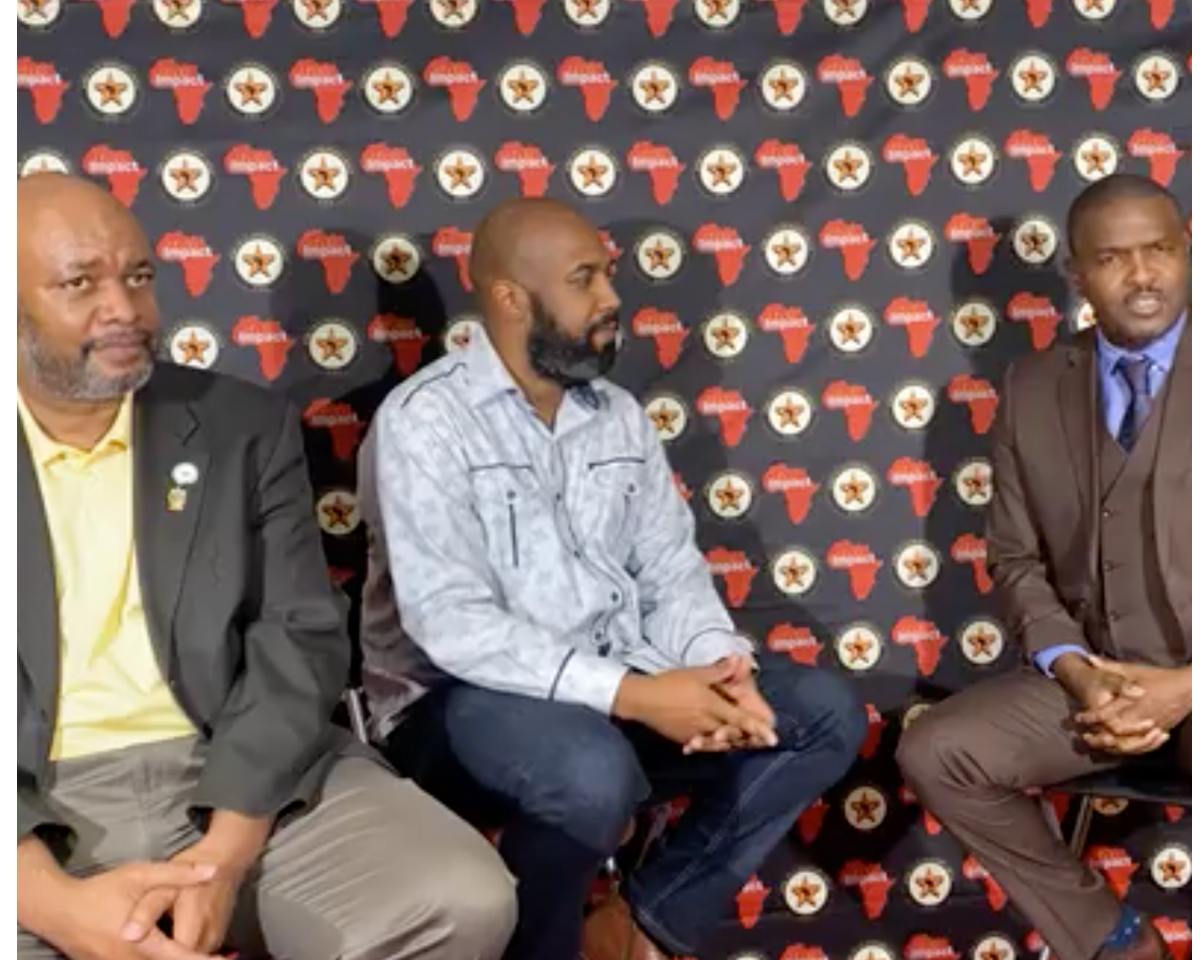As you may know, Papa Dia recently launched ALG weekly, African Leadership Group’s Facebook Live video, which drops every Monday.
I had the honor of being a guest on Papa’s second broadcast, along with Omar Montgomery, president of the Aurora branch of the NAACP. We had a stimulating hour-long conversation. Afterwards, we were all struck by the commonalities between the African American experience in this country and the experiences of African immigrants.
These similarities have become more apparent over the past few years of the Trump administration.
To be sure, Black Africans experience this country differently than those of us who are the descendants of people brought here by force centuries ago to work as slaves. The long history of systemic, officially sanctioned racism we have faced and continue to face is unlike anything other immigrant groups must confront as they assimilate into the dominant culture. That goes even for immigrants who happen to be Black.
As the three of us began discussing current issues confronting our communities, however, we recognized how interwoven our communities and our experiences have become. A couple of examples will illustrate my point.
You’ve undoubtedly heard the tragic story of Elijah McClain, a 23-year-old African American man who died last summer after police stopped him for the crime of walking home from a convenience store while Black. You can read the full story here, but the bottom line is this: McClain was brutalized by three Aurora cops for no reason, and their handling of him resulted in his death. Yet no officer has been arrested or charged to date.
McClain’s death traumatized the community, but the murder—let’s call it by its proper name—stayed under the radar until the national protests over the murder of George Floyd in Minneapolis erupted in June of this year. Now the Aurora police and the district attorney are feeling some heat to administer justice. We are still awaiting action.
Meanwhile, the African immigrant community in Metro Denver is still reeling from the arson murders of five Senegalese immigrants in far Northeast Denver two months ago. We still await justice for the Diol family, as the police continue to search for viable leads.
Now let me be clear here. I want to give law enforcement the benefit of the doubt. Leadership of the Denver Police Department has said all the right things and seems committed to pursuing the case aggressively. I hope and believe this is, in fact, happening. I hope and believe they have put their best detectives on this case, and that the detectives are pursuing it with all their knowledge and experience.
Arsons are highly solvable crimes. We have surveillance footage showing three masked individuals and the car in which they arrive and departed the murder scene. Three suspects means with certainty that more people know who was involved. There are no secrets among three people. Someone in their community must know something. They must come forward.
My point is this. Just as my community has been deeply shaken by the murder of Elijah McClain, and the deaths of untold thousands of Black men and women who have died violently since the end of slavery, our African immigrant brothers and sisters are deeply shaken by the Diol family murders.
Like us, our African immigrant brothers and sisters are confronting the reality that systems and structures deeply rooted in this society aren’t designed to serve us. That we have to work tirelessly to demand justice for our communities, not just once, but each and every day.
At times we have to take to the streets so that our voices are heard. But there is basic, nitty-gritty work we must do as well, less flashy but in the long run more effective. Be informed. Get engaged. Take simple steps like participating in the Census.
First and foremost, though, we must all register and vote, not just in presidential elections but in local elections.
District attorneys are elected. They make decisions about who gets charged with what crimes. They decide whether to charge police who kill Black people without cause or provocation.
School boards are elected. They make policy decisions that directly affect the education of our children. Are you satisfied with the education your children are receiving during the pandemic? The next school board elections are in 2021. Vote!
Inform yourselves about the issues and vote like your life depends on it. Because it does.


